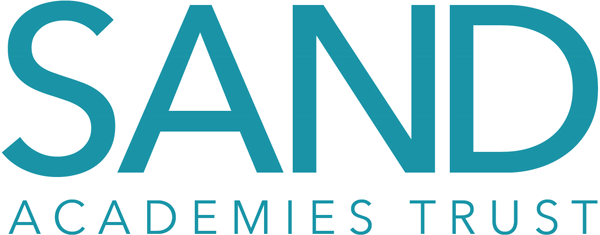Our Family Support Team
Providing early help is more effective in promoting the welfare of children than reacting later. Early help means providing support as soon as a problem emerges, at any point in a child’s life, from the foundation years through to the teenage years. Early help can also prevent further problems arising, for example, if it is provided as part of a support plan where a child has returned home to their family from care.
Effective early help relies upon local agencies working together to:
- identify children and families who would benefit from early help;
- undertake an assessment of the need for early help; and
- provide targeted early help services to address the assessed needs of a child and their family which focuses on activity to significantly improve the outcomes for the child.
‘Working Together to Safeguard Children (2023)’ Nothing is more important than children’s welfare. Every child deserves to grow up in a safe, stable, and loving home. Children who need help and protection deserve high quality and effective support. This requires individuals, agencies, and organisations to be clear about their own and each other’s roles and responsibilities, and how they work together.
When involved in assessing needs the school will, where possible, seek to obtain the views of the child about their experiences, and will ask for their thoughts and feelings about their circumstances. Assessments will also include as much information as possible about the family history, needs, risks and strengths. This should lead to sound conclusions and outcomes, based on a good analysis of the information.
The school’s Family Support Team are central to the school’s commitment to support young people and families, signposting families to offers of Early Help to avoid an escalation of issues. The team aims to provide help as soon as problems start to emerge, or when there is a strong likelihood that problems will arise in the future.
The Family Support team currently facilitate:
- Signposting families to other support services and agencies
- Pastoral Support
- Organising coffee mornings and workshops where parents can share experiences and make friends.
- Providing details of Out of School and holiday activities
Contacts: Louise Nash, Karla Weale and Molly Clark – 01452 874000
Our school attendance lead is Stephen Dowell, Headteacher with Kerrie Mason supporting the daily operational management. Kerrie Mason (01452 874000) is available to support families when necessary.
Pupils whose needs require unexpected additional targeted support at any time are reviewed by the school’s Intervention Team, led by the deputy headteacher and involves a clear referral process by staff who are trained in and can deliver more specific interventions, usually on a 1:1 or small group basis. Parents will always be consulted with this process and interventions are regularly reviewed and evaluated to ensure they are having a positive impact on the young person’s wellbeing. Interventions could include, targeted Thrive sessions, ELSA sessions, Play Therapy, Lego Therapy, Sensory interventions and Music therapy.
We also work closely with Gloucestershire services for young people and occasionally use external professional services to support our young people if and when appropriate.
Where a higher level of assessment and support for families or the professionals helping them is required, contact should be made with one of six Early Help Partnerships across Gloucestershire. These are made up of representatives of services who decide the help that’s needed and offer advice, guidance and support to practitioners. These groups are supported by Families First Plus teams in each District. Click Here for details of the of the six Early Help Partnerships.
SENDIASS Gloucestershire also provides information, advice and support on matters relating to children and young people with SEND: SENDIASS Gloucestershire | Special Education & Disability (sendiassglos.org.uk)

